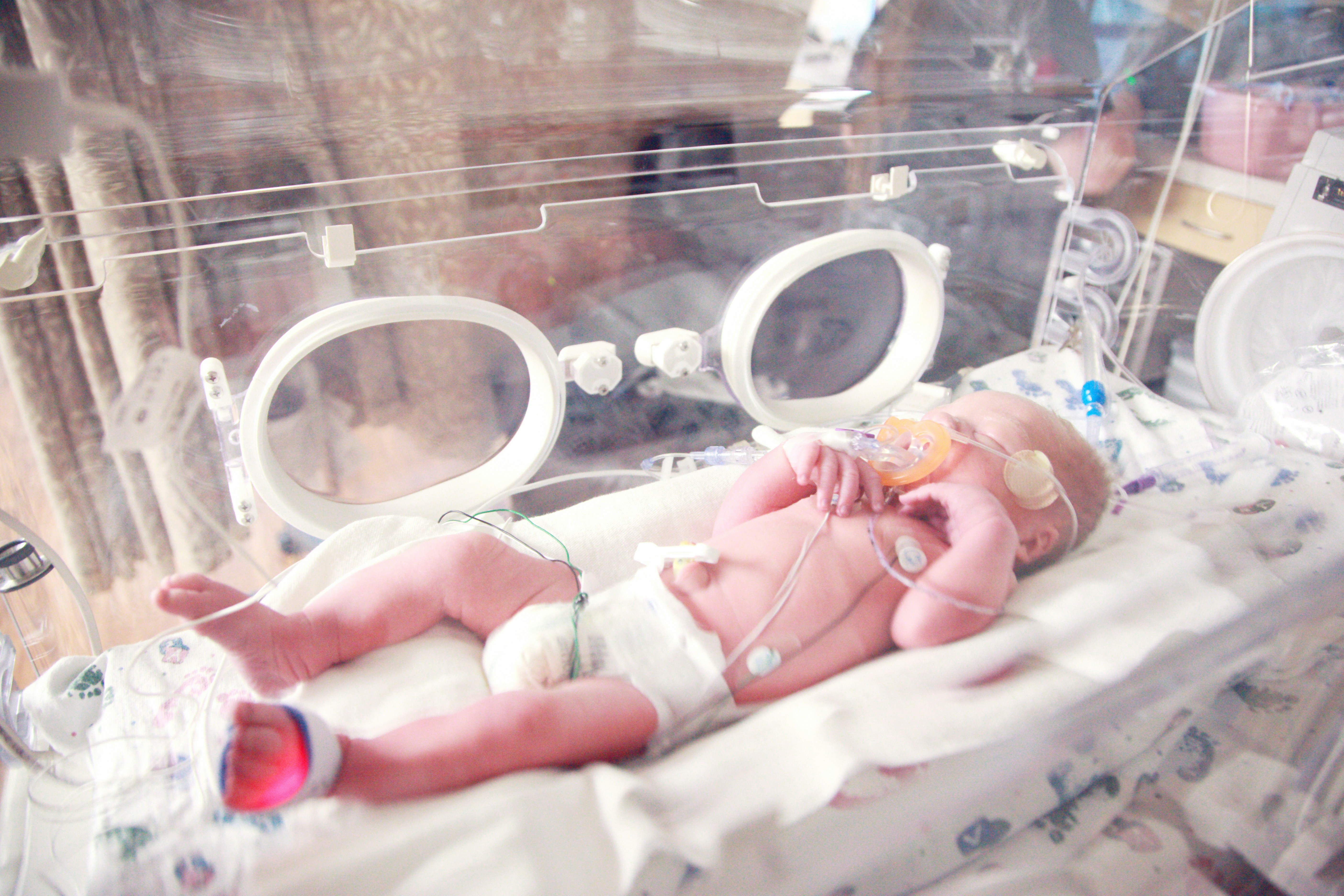
Mothers with polycystic ovary syndrome more likely to have smaller babies
Observational study: A study in which the subject is observed to see if there is a relationship between two or more things (eg: the consumption of diet drinks and obesity). Observational studies cannot prove that one thing causes another, only that they are linked.
People: This is a study based on research using people.
Babies born to mothers with polycystic ovary syndrome (PCOS) may have smaller measurements at birth including lower birth weight, birth length, and head circumference, according to Norwegian research. The study, which combined data from three clinical trials, compared babies born to women with PCOS and another group of mothers without PCOS, and found that PCOS was linked to growth restriction in babies. The growth restriction also appeared to be more pronounced in women with higher body mass index (BMI) and potentially for women with overweight and obesity, the authors say this will need to be confirmed in future studies. An editorial from an Australian expert says that ensuring doctors are well-educated about the diverse impacts of PCOS, accurately capture PCOS status, and are equipped to screen, prevent, and manage pregnancy complications will ultimately improve outcomes for both mothers and their babies.
Journal/conference: JAMA Network Open
Research: Paper
Organisation/s: Monash University, University of Science and Technology, Norway
Attachments:
Note: Not all attachments are visible to the general public
News for:
Australia
International
Media contact details for this story are only visible to registered journalists.

